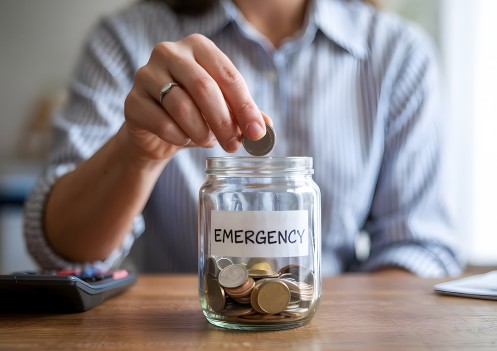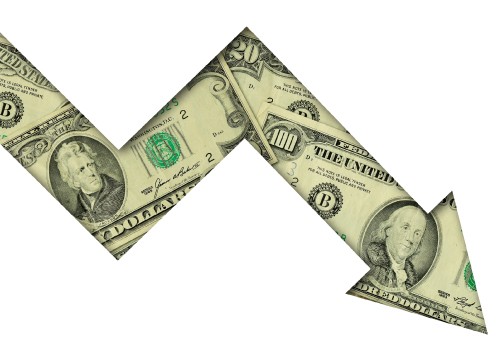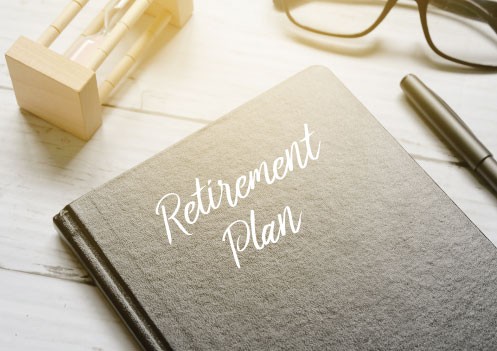Emergency Funds, IRAs/401(k)s, Roth Accounts · December 31, 2025
3 Money Moves to Kick-Off 2026
I am sending big, heartfelt wishes that the coming year brings you health and (more) happiness. And the time to spend with those you love. That is what matters most.










